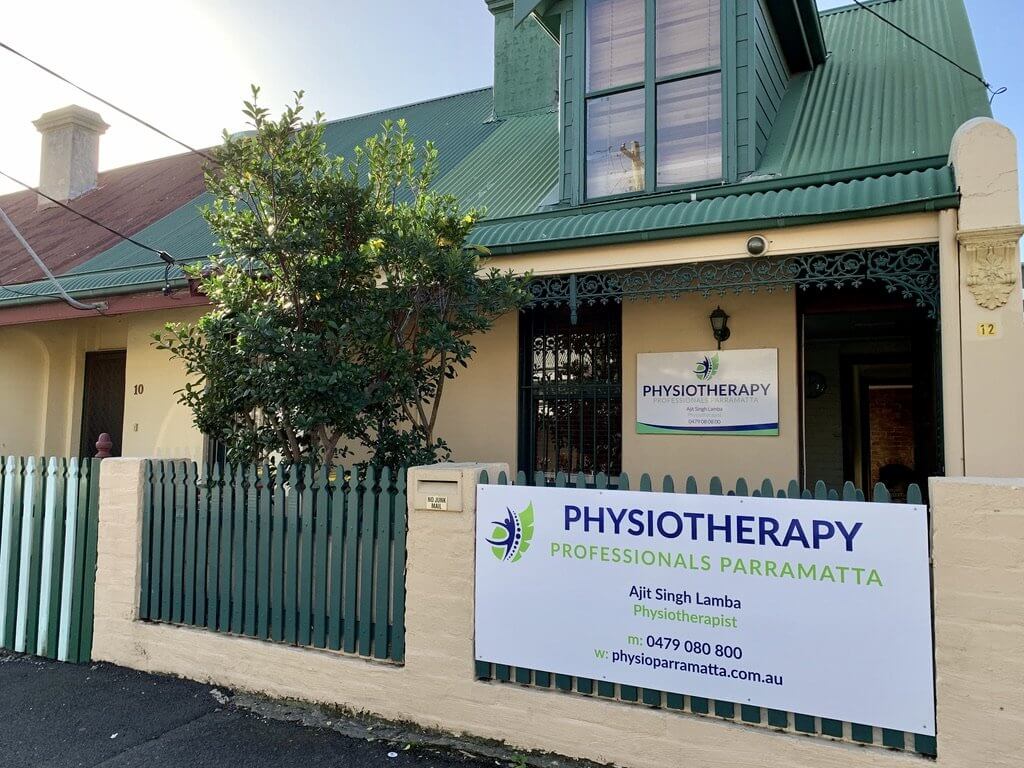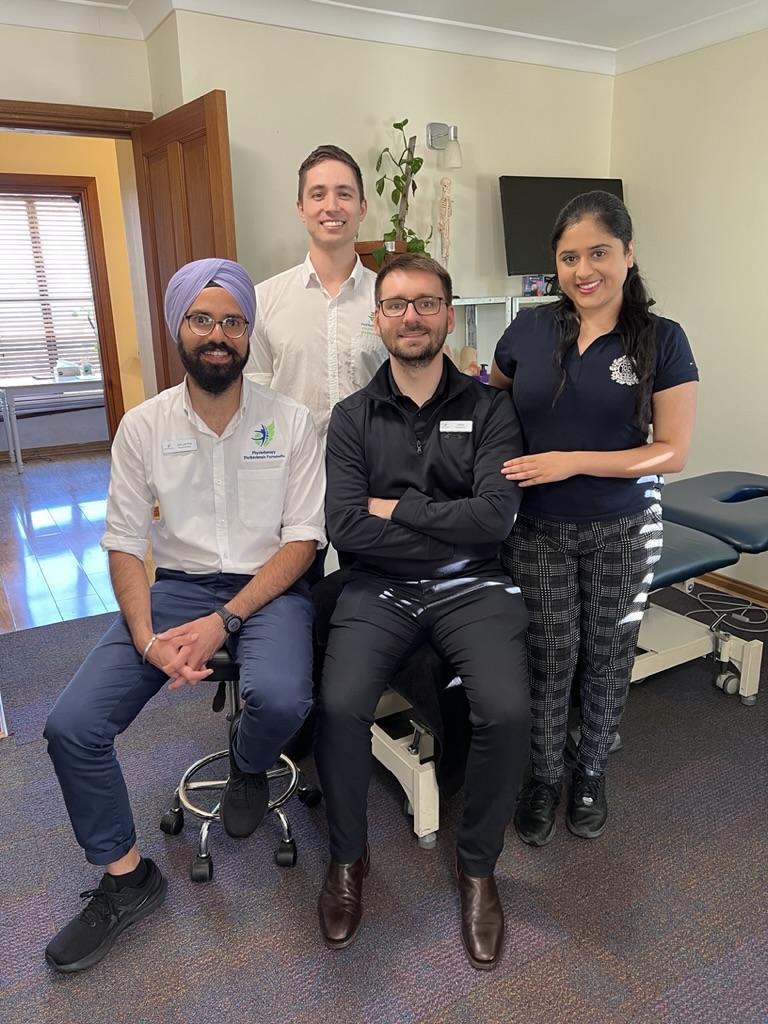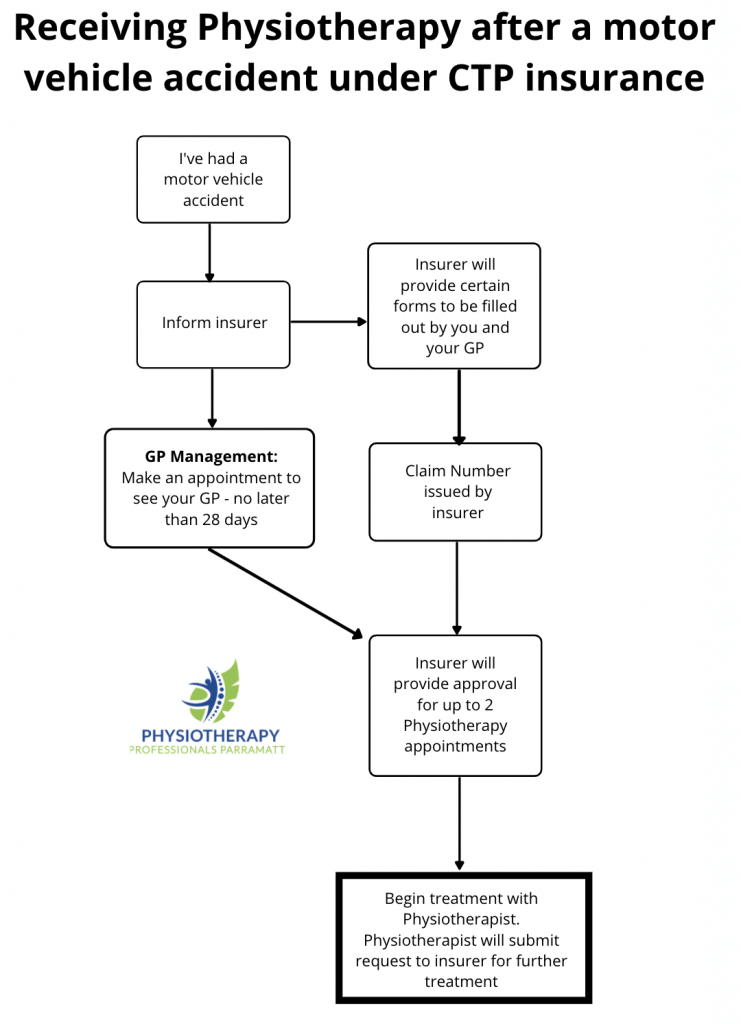Sciatica after a car accident

Sciatica after a car accident
Sciatica refers to the pain that radiates along the sciatic nerve, which runs from the lower back, through the buttocks, and down the back of each leg. While sciatica is commonly associated with conditions like herniated discs or spinal stenosis, it can also occur after a car accident. The impact and forces involved in a collision can result in injuries or trauma to the spine and surrounding structures, leading to sciatic nerve compression or irritation. If you are experiencing sciatica after a car accident, it is important to seek medical attention and consult with a healthcare professional, such as a physiotherapist or chiropractor, who can provide a thorough evaluation and develop an appropriate treatment plan. Here are some potential causes of sciatica after a car accident and the possible treatments that a healthcare professional may recommend:
- Herniated Disc: A car accident can cause a sudden jolt or impact that results in a herniated disc. When a disc herniates, it can press against the sciatic nerve, causing pain, numbness, and tingling sensations down the leg. Treatment options may include pain management techniques (such as heat or ice therapy), specific exercises to alleviate pressure on the nerve, manual therapy (such as spinal mobilization or traction), and education on proper body mechanics and postural habits.
- Lumbar Spine Fracture: In some cases, the impact from a car accident can cause fractures in the lumbar spine (lower back). These fractures can lead to compression of the sciatic nerve roots, resulting in sciatica. Treatment may involve immobilization with a brace or cast, pain management strategies, and a gradual progression of exercises and physical therapy once the fracture begins to heal.
- Piriformis Syndrome: The piriformis muscle is located in the buttock area, and the sciatic nerve runs underneath or sometimes through it. After a car accident, the piriformis muscle can become tight or inflamed, leading to compression or irritation of the sciatic nerve. Treatment for piriformis syndrome may include stretching exercises, manual therapy to release muscle tension, and strengthening exercises to promote proper muscle balance and stability.
- Spinal Misalignment: The impact of a car accident can cause misalignment or subluxation of the spine, particularly in the lumbar region. This misalignment can put pressure on the sciatic nerve and result in sciatica symptoms. Treatment may involve spinal adjustments performed by a chiropractor, physiotherapy exercises to improve spinal stability and alignment, and postural correction techniques.
- Rehabilitation and Pain Management: Regardless of the specific cause of sciatica after a car accident, rehabilitation and pain management strategies are crucial components of treatment. A healthcare professional may recommend a combination of physical therapy exercises, such as stretching and strengthening exercises targeted at the affected areas, to reduce inflammation, alleviate pain, and improve mobility. Additionally, they may suggest modalities like heat or cold therapy, electrical stimulation, or ultrasound to manage pain and promote healing.
It is important to consult with your GP and Physiotherapist who specializes in treating sciatica and related conditions to receive a proper diagnosis and develop an effective treatment plan. They will assess your specific condition, consider the underlying causes, and design a personalized treatment approach to help alleviate sciatica symptoms, promote healing, and restore your overall musculoskeletal health.
How to Lodge your CTP Claim:
- All reasonable medical care is covered under your CTP Claim
- Visit your doctor as soon as possible
- Contact your CTP insurance provider within 28 days
- Fill our paper work
- Your doctor will also need to fill out a form
- Receive claim number from your CTP insurance provider
- With your claim number, your first Physiotherapy session is automatically approved
- After your first session, your Physiotherapist will provide a report to your CTP insurer and organise further approval for treatment
- Don’t stress – talk to your experienced Physiotherapist
Do I have to pay for treatment?
- No you don’t
- Once your CTP claim is approved, we can directly bill the insurance company and there will no out of pocket expense for you
What you need to provide us with:
- Claim number from your insurance company required
- Approval letter or email for Physiotherapy from the insurance company
- Contact Physiotherapy Professionals Parramatta. We will assist you with pain management and get you back on track as soon as possible.
Contact Us:
Do you need assistance with your Physiotherapy treatment? Experienced team of Physiotherapists with essential knowledge. You can call us anytime to have a confidential discussion with our expert Physiotherapists. For more information on how we can further assist you, please call our clinic number on 0479 080 800 or send us an email on [email protected] for further details. Our Physiotherapists are Medicare, NDIS, and Work Cover approved, specialising in injury management and rehabilitation to get you back on track.

Physiotherapy After A Car Accident

